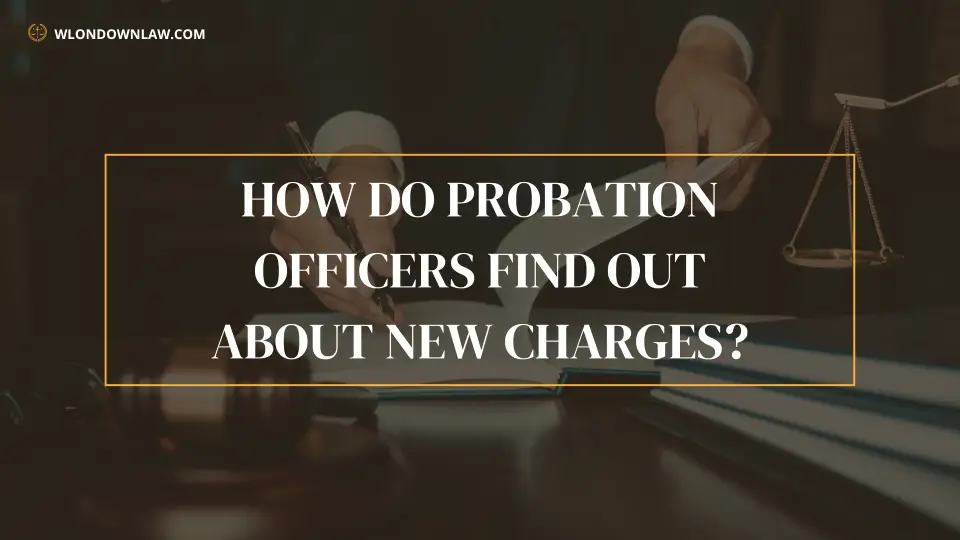Can police officers have piercings or not is a topic that generates a lot of debate and differing opinions. Some argue that piercings are a form of self-expression and should be allowed for officers as long as they are not excessive or distracting.
On the other hand, many believe that a professional appearance is essential for law enforcement officers, and visible piercings may detract from their authority and ability to perform their duties effectively.
Additionally, some departments have specific dress and appearance codes that dictate whether officers can have visible piercings. The decision on whether police officers can have piercings will likely vary from department to department. It may depend on each law enforcement agency’s policies and expectations.
Understanding Department Policies on Piercings
In general, police departments have specific dress codes and appearance standards for their officers, and these standards may vary depending on the department and its policies. Some police departments may have strict guidelines regarding visible body piercings, while others may have more flexibility.
For example, some departments may allow officers to have small and discreet piercings, such as visible tattoos and stud earrings, while prohibiting larger or more conspicuous piercings. Ultimately, the decision about whether police officers can have piercings is typically determined by the individual department’s policies.
Officers must adhere to these guidelines to maintain a professional appearance and ensure that their appearance does not interfere with their ability to perform their duties effectively.
Can Police Wear Necklaces?
Yes, police officers can wear necklaces while on duty, although some departments may have specific guidelines regarding jewellery and accessories. Ultimately, the decision to wear a necklace would likely be at the individual officer’s discretion, keeping in mind that it should not interfere with their ability to perform their duties safely and effectively.
Many departments may advise against wearing jewellery that could pose a safety risk, such as long, dangling necklaces that an assailant could grab during a physical altercation. Furthermore, some departments may have specific rules about the type of necklace that can be worn, such as a non-reflective or non-distracting style.
While there may not be a universal ban on wearing necklaces, police officers are expected to use their judgment and adhere to any department policies to ensure that their attire and accessories do not compromise their professionalism or safety while on duty.
What Are Dress Codes And General Appearance For Police Officers?
Dress codes for police officers are policies that dictate the specific clothing and general appearance that officers are required to adhere to while on duty. The purpose of dress codes is to create a professional and authoritative image for the police force and ensure safety and functionality.
Generally, police officers are required to wear a uniform that includes a shirt, pants, a tie, a jacket, and a hat or cap that displays their rank. The uniform is often tailored to the specific needs of the officer’s duties, such as including pockets for necessary equipment and reflective materials for visibility.
In addition to the uniform, officers are also expected to maintain a neat and clean appearance, with grooming standards that dictate hair length and rules for facial hair, along with overall hygiene.
This attention to detail in dress and appearance helps cultivate an air of respect and authority for police officers while carrying out their community duties.
Variations Across Jurisdictions
Variations across jurisdictions for police officers can include differences in training requirements, use of force policies, and procedures for handling criminal cases. Some jurisdictions may have stricter regulations on when and how police officers can use force, while others may have more lenient guidelines.
Training requirements for police officers can also vary, with some jurisdictions requiring more extensive training in de-escalation techniques and cultural sensitivity. Additionally, the procedures for handling criminal cases, such as evidence collection and interrogation methods, can differ from one jurisdiction to another.
These variations can impact the overall effectiveness and accountability of law enforcement, highlighting the importance of understanding the specific rules for different roles. Just as police policies vary, so do the powers of other law enforcement officials, which are also strictly defined by jurisdiction.
What Are The Safety Considerations For Policies Regarding Piercing?
Safety considerations for police officers with piercings include ensuring that the jewellery is not a safety hazard during physical altercations or while wearing protective gear. Piercings such as lip, tongue, or facial piercings risk becoming snagged or caught on objects, potentially causing injury or interfering with an officer’s ability to perform their duties.
Additionally, there is the potential risk of infections from piercings, so officers must maintain proper hygiene and follow departmental guidelines for maintaining and caring for their piercings. It is also important for officers with piercings to consider the impact of their appearance on public perception and to adhere to any relevant dress code policies.
Safety considerations for police officers with piercings revolve around minimizing the risk of injury and ensuring professionalism while on duty.
Rules And Regulations For Police Officer Recruitment
The recruitment process for police officers involves strict rules and regulations to ensure that the candidates meet the necessary criteria for the job. These rules often include minimum age and education requirements, physical fitness standards, and background checks.
Additionally, candidates may need to pass written exams, interviews, and psychological evaluations to demonstrate their suitability for the role. Police departments also set specific guidelines for applicants regarding criminal history, drug use, and driving records to ensure they are fit to serve in law enforcement.
The recruitment process is designed to select individuals with the necessary skills, integrity, and ethical conduct to uphold the responsibilities of a police officer. By adhering to these rules and regulations, police departments can maintain high professionalism and ensure that the individuals chosen to serve and protect their communities are well-equipped.
Conclusion
In conclusion, whether police officers can have piercings ultimately depends on the policies and regulations of their specific department. While some law enforcement agencies may have strict guidelines prohibiting visible piercings, others may have more lenient policies.
Police officers must adhere to their department’s dress code and appearance standards to maintain a professional and authoritative image. Additionally, the perception of the public and the potential impact on officer safety should also be considered when determining whether piercings are appropriate for law enforcement personnel.
It is up to each department to set and enforce its standards regarding piercings for police officers. As societal norms and attitudes towards body modifications continue to evolve, some departments may adopt more relaxed policies regarding piercings in the future.
Frequently Asks Questions
What Are The Regulations For Ear Piercings For People In The Military?
In the military, regulations for ear piercings vary by branch. Generally, male service members are not allowed piercings, while female service members may have small, conservative ear piercings.
Can FBI Agents Have Nose Piercings?
No specific policy in the FBI manual prohibits agents from having nose piercings. However, the FBI is known for its strict dress code and professional appearance standards, so individual offices or supervisors might have their own guidelines regarding body modifications.
Are Cops Allowed To Have Tattoos?
Yes, many police departments have relaxed their policies on tattoos in recent years. While visible tattoos may still be subject to certain restrictions, especially offensive or extremist tattoos are typically prohibited.
Can Female Officers Have Tattoos And Piercings?
Yes, female police officers can have tattoos and piercings in some departments, but there may be restrictions on the number and type of piercings allowed. Some departments may require officers to remove certain piercings as they look unprofessional while on duty for safety reasons.


